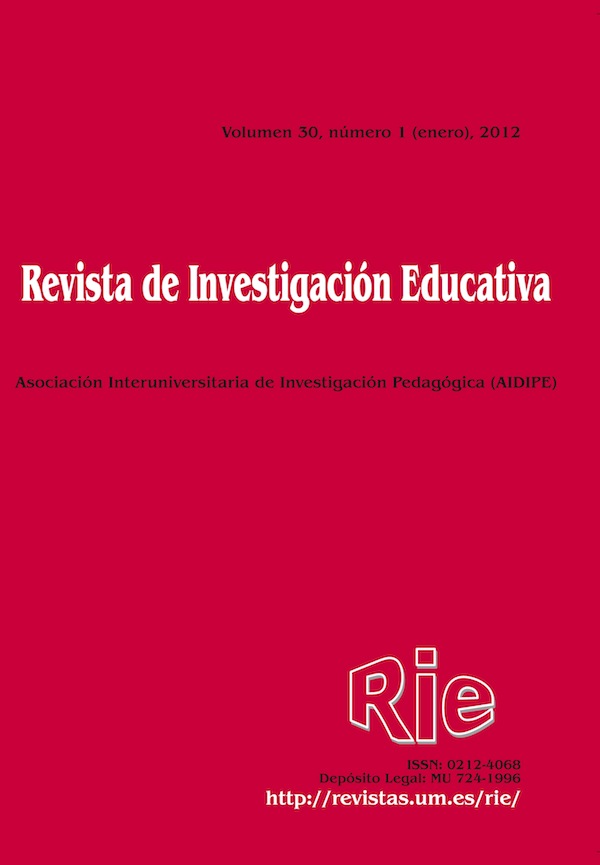Identification of quality in educational research publications: the european educational research quality indicators (EERQI) project
Abstract
The EERQI project was motivated by the fact that the international notion of scientific quality as being the main determinant on which research is funded and supported may cause undesired side effects, if the questions of how quality is interpreted and how it is measured are not adequately answered. Current instruments for ‘measuring’ quality via citation counting and similar methods do cause such side effects, as they are strongly biased and largely inadequate for research in the Social Sciences and Humanities.
The EERQI project developed an approach to detect the quality of research texts – with educational research serving as model case for Social Sciences and Humanities (SSH) – by applying an intelligent combination of different approaches that complement each other. This is what we call the EERQI Prototype Framework. It consists of products and methods that can serve as alternatives in processes of assessment of quality in SSH research. The possibility of multilingual assistance of assessment processed by EERQI’s multilingual search engine and automatic semantic analysis are tailor-made for strengthening the European research space. The EERQI products and methods consist of:
• A content base with educational research texts in four European languages that were exemplary included in the EERQI project: English, German, French and Swedish.
• A multilingual search engine that includes query expansion: an effective tool dedicated to educational research in general, capable of finding educational research texts in the Web in the four EERQI languages.
• An automatic semantic analysis for the detection of key sentences in a text; the method is applicable to educational research publications (in at least) the four EERQI languages.
• A combination of bibliometric/ webometric approaches for the detection of ‘extrinsic’ quality indicators (tool aMeasure).
• First tests of a citation analysis method that has the potential to be further developed for the application to educational research (and other SSH) texts.
• A set of text-immanent indicators for the detection of quality in educational research publications that has been presented to the research community and was positively evaluated.
• An accompanying peer review questionnaire that was tested for reliability and practicality.
• A set of use-case scenarios that give advice on how to use which resp. combination of the above-mentioned tools.
• First attempts to detect interrelations between ‘extrinsic’ and ‘intrinsic’ quality indicators.
Downloads
-
Abstract703
-
PDF (Español (España))535
The articles and scientific documents published in RIE abide the following conditions:
1. The Servicio de Publicaciones de la Universidad de Murcia (the publisher) has the property rights (copyright) of all the documents published and allows the reuse under the user’s license indicated in point 2.
2. All documents are published in the digital edition of RIE under a Creative Commons Reconocimiento-NoComercial-SinObraDerivada 4.0 Internacional. (legal document) license. These documents can be copied, used, distributed, communicated and explained publicly if: i) the author(s) and its original source of publishing (magazine, publisher and URL of the document) are cited; ii) it is not used for commercial purpose; iii) the existence and the specifications about this license are mentioned.
3. Auto-archive’s conditions. The authors are allowed and encouraged to digitally distribute the pre-print versions (a version before evaluation) and/or post-print (a version that it is already evaluated and accepted to its publication). This promotes circulation and distribution earlier and can increase the citations and significance within the academic community.










